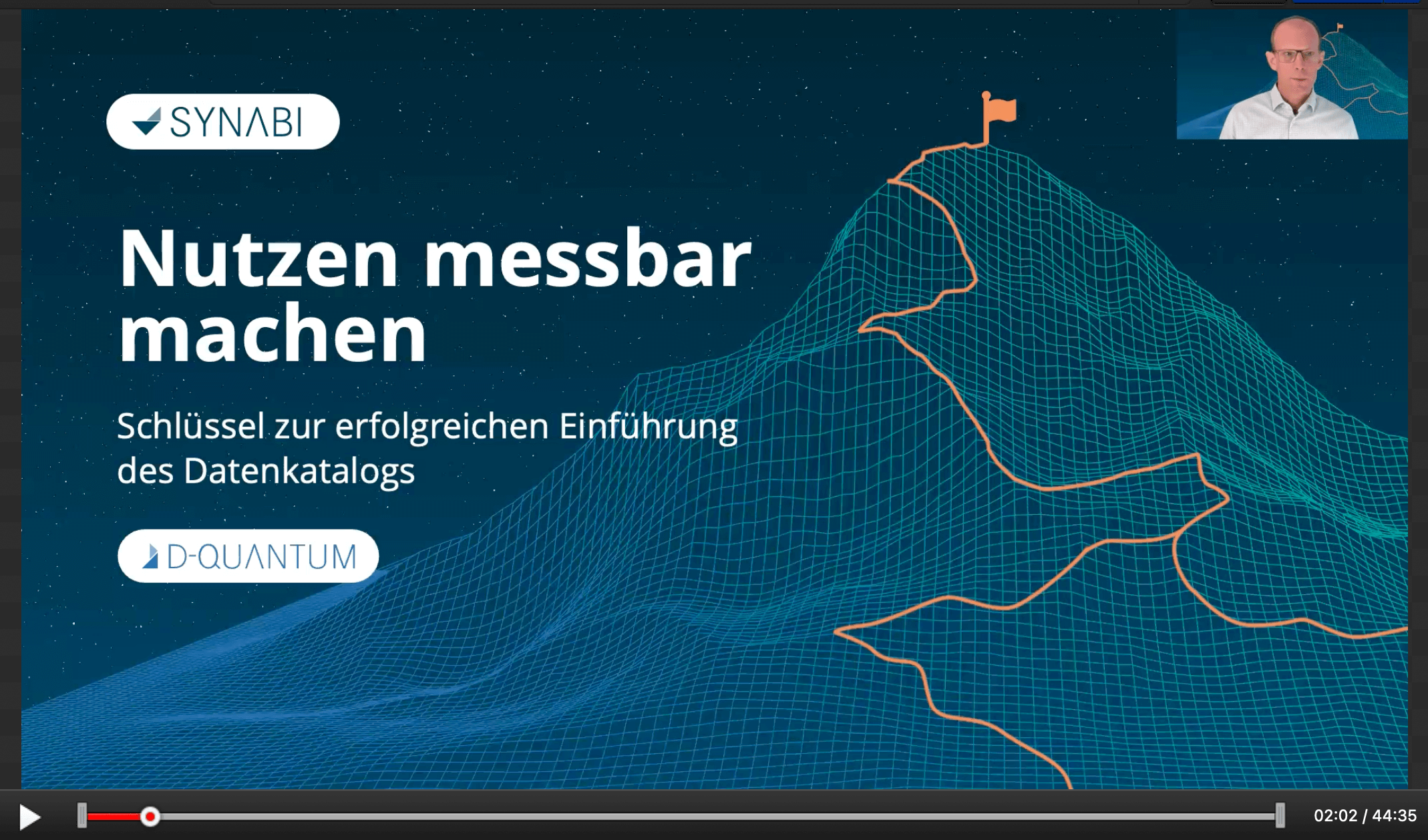A data catalogue is now an integral part of successful data governance because it has a significant impact on the overall data governance of a company. Even if a data catalogue as such is quickly described, there are many other topics associated with it. Among other things, it provides information about the quality of the data and its intended use. By introducing an intelligent data catalogue, the speed and quality of data use can also be significantly increased and a change to a data-driven company can be achieved. The complete and transparent basis in the form of such a data catalogue should therefore be used by every company to bring order to its data.
TDWI has now published the e-book “Data Catalog als Baustein einer erfolgreichen (Data) Governance” (Data Catalog as a building block of successful (Data) Governance) on this topic, which provides a comprehensive insight into the world of data cataloguing.
Look forward to contributions on the topics:
Use of data in the decision-making process
“Data is, however formatted, only a means to an end and does not directly add value. Indirectly, they impact the quality of different decisions through availability.”
A Data Catalog supports concepts such as Self Service
“Decision-makers who use self-service business analytics tools in particular to make data-driven business decisions typically need access to extensive and heterogeneous data. Analysis, not only in self-service, usually requires the task-related preparation of data in order to, among other things, connect them from different data sources and solve data quality problems. This is where a data catalogue comes in to play to support the business user in compiling data for the analytical task.”
Data strategy
“A data strategy is a structured procedural plan to enable an organisation to generate knowledge from data.”
Data Catalog in the decision-making process
“The decision-making process is initiated with the completion of the business events in which the company is involved, be it the sale of products or the procurement of raw materials and labour, which are recorded in the company’s data systems.”





